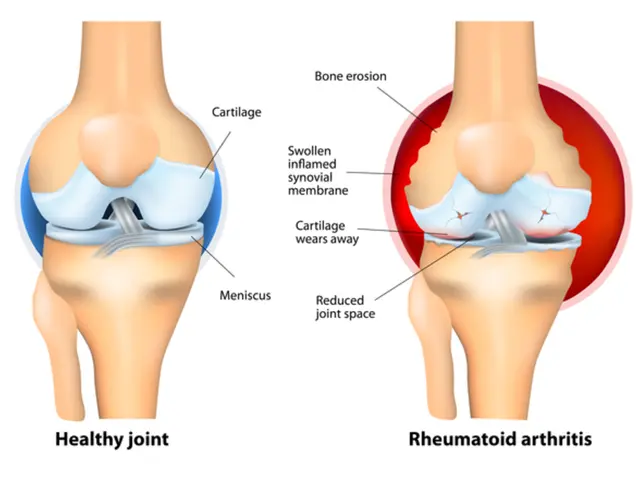AI Transforming the Landscape of Mental Health Services
Artificial Intelligence (AI) is making a significant impact in the field of mental health care, offering digital support and therapy to those in need. One of the key advantages of AI is improved access to care, with digital tools available outside of clinical hours, helping to bridge the gap for those who may struggle to attend in-person appointments.
AI is being used to deliver basic mental health support and therapy digitally. This includes AI-enhanced therapy, such as adaptive cognitive behavioural therapy, AI-driven virtual reality (VR) and extended reality (XR) for exposure therapy, and diagnostic support through electronic health records (EHR) analysis. AI chatbots, like Woebot, use natural language processing to provide cognitive-behavioral therapy techniques, offering ongoing emotional support and skills practice.
AI can also conduct initial assessments, guide users through therapeutic exercises, and monitor progress in mental health care, providing a valuable tool for mental health professionals. By analysing speech patterns, facial expressions, and behavioural data, AI can detect early signs of mental health issues, potentially helping to intervene before conditions worsen.
Potential future applications of AI in mental health care expand on these areas, aiming to improve the scalability, personalisation, and accessibility of mental health services. AI-integrated immersive environments (XR/VR) could allow safe, controlled exposure to anxiety triggers and facilitate social skills training for disorders like social anxiety, PTSD, autism, and schizophrenia. AI chatbots are envisioned to provide cost-effective, personalised, evidence-based therapeutic interactions, supplementing clinician-led care and reaching underserved populations.
However, the integration of AI into mental health care systems requires careful planning and cross-disciplinary collaboration. Training for healthcare professionals is essential to maximise the benefits of AI tools, and ongoing research is needed to identify potential unintended consequences of AI in mental healthcare and mitigate them proactively.
Consumer trust remains an issue as people may resist sharing mental health experiences with AI systems. Transparency about data practices and AI limitations will further cultivate trust, as will fostering a global dialogue on ethical AI in mental health to ensure innovations benefit humanity universally.
Challenges also involve maintaining the quality and safety of AI-driven interventions, ensuring evidence-based validation of AI tools, and addressing technical limitations such as interpreting nuanced human emotions. AI cannot fully replicate the human elements of empathy, therapeutic alliance, and contextual judgment essential in mental health practice, so its role is predominantly augmentative rather than substitutive.
Ethical considerations centre on privacy and confidentiality of sensitive mental health data, informed consent regarding AI usage, bias mitigation to prevent disparities in care, transparency about AI capabilities and limitations, and safeguarding against harm or misdiagnosis. Responsible deployment requires ongoing collaboration with clinicians, ethicists, and patients, as well as regulatory oversight to ensure AI supports rather than undermines mental health outcomes.
In conclusion, AI in mental health care holds significant promise to enhance diagnosis, treatment, engagement, and scalability while raising important challenges and ethical issues that require careful management. The consensus among experts is to integrate AI as a tool that supports and extends human clinicians rather than replacing them.
References: 1. Mental Health America 2. The Lancet Psychiatry 3. The American Journal of Psychiatry 4. The BMJ 5. Nature Medicine
- The integration of AI in mental health care could offer cost-effective, personalized therapeutic interactions, supplementing clinician-led care and reaching underserved populations, as envisioned by AI chatbots.
- By conducting initial assessments, guiding users through therapeutic exercises, and monitoring progress, AI can serve as a valuable tool for mental health professionals in managing mental health care and early intervention.
- The use of AI in mental health care is not without ethical concerns, including privacy and confidentiality of sensitive mental health data, the need for evidence-based validation of AI tools, and the maintenance of quality and safety in AI-driven interventions.





